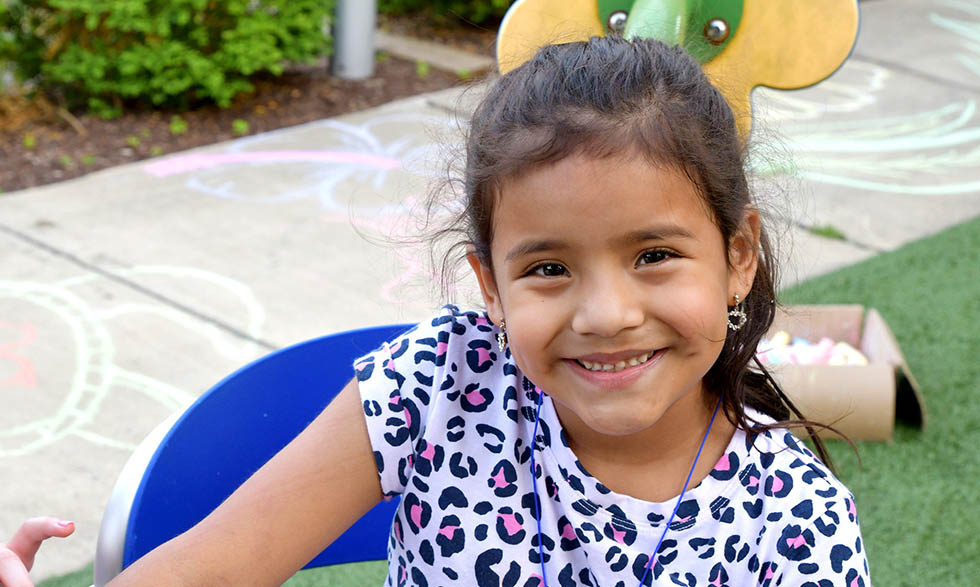Treatments for several types of childhood cancer have improved over the past decades. For other types, progress has been limited. And many survivors of childhood cancer may experience long-term effects from the disease or its treatment.
That's why more research is needed to develop more effective, safer treatments for pediatric cancers. But researchers in this area face these unique challenges:
-
Childhood cancers make up less than 1% of all new cases of cancer diagnosed in the U.S. Because of this, it's hard to enroll enough people in treatment clinical trials and to get meaningful results from those trials.
-
The causes of most childhood cancers are unknown. Only a small percentage can be linked to genetics or environmental exposure.
-
Children's cancers are different from adult cancers. For example, tumors that can develop in children's organs and tissues rarely occur in adults.
-
There are distinct challenges in developing new treatments for kids. Special rules help protect children participating in research, and the effects of new treatments on kids' development have to be considered.







